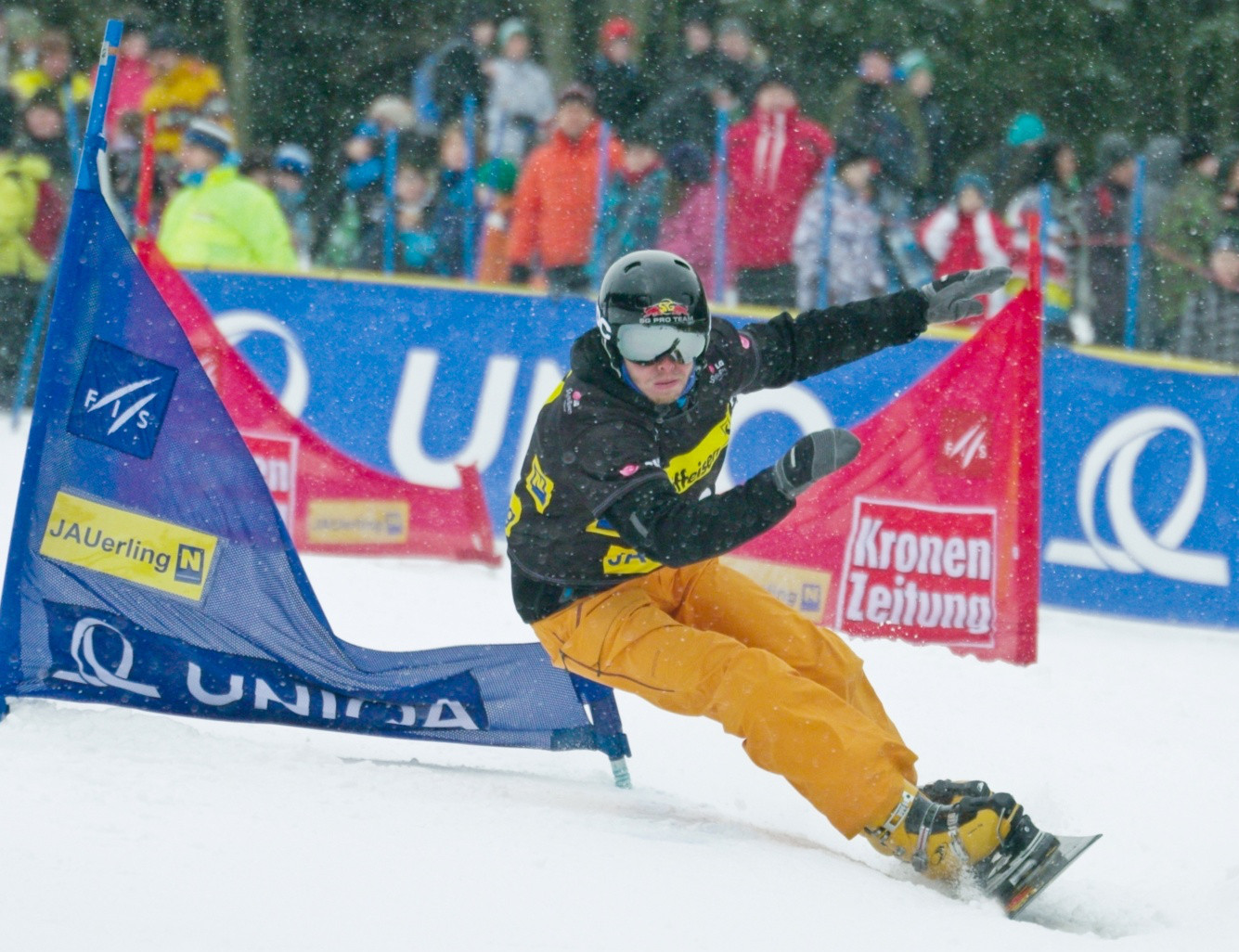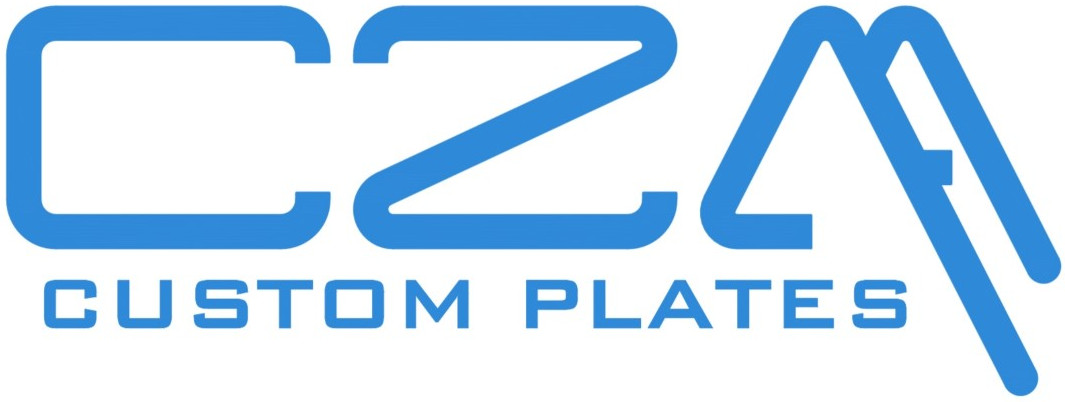
Reiter files lawsuit against IOC
Steamboat Springs — Justin Reiter has spent much of the last decade flying on airplanes across the Atlantic Ocean in order to compete in the sport he loves.
Wednesday, he’ll board an airplane and fly to Europe hoping to save the sport he loves.
Reiter, a Steamboat Springs-based Alpine snowboarder and 2014 Winter Olympian, filed a lawsuit last month against the International Olympic Committee after the organization’s executive board voted to remove parallel slalom snowboarding from the 2018 Winter Olympics.
The case will have its first hearing in Friday in Lausanne, Switzerland.
“I just want to do the right thing,” Reiter said Tuesday. “Unfortunately, it’s a really difficult thing to do.”
Reiter said he’s the first athlete to ever sue the IOC in such a situation, and he’s doing it alone, anticipating legal bills running as high as $400,000.
He says his case hinges on a line written deep into the IOC’s Olympic Charter, page 85, section III, by-law 45, line 1.3: “the sports programme may be amended… not later than three years prior to the opening of the relevant Olympic Games.”
The IOC announced changes to the 2018 Olympics on June 8 when the three-year deadline to coincide with the opening ceremonies at those games, in Pyeongchang, South Korea, would have been Feb. 9.
“What the IOC did in removing parallel snowboarding slalom from the roster of the 2018 and 2022 Olympics was not only not justified, but was further undertaken in violation of established laws and legal principles,” said Swiss lawyer Rocco Taminelli in a news release.
He's one of two attorneys working with Reiter on the case.
For the 34-year-old Steamboat Springs Olympian, attempting to prove Taminelli’s claims is no small endeavor.
Looking for a reason
Traveling to Switzerland is the next step in what Reiter said has already been an exhausting process.
It started with that June announcement, a news release that earned headlines around the United States for the inclusion of snowboard big air as an Olympic event.
Tucked in after that news, however, was a line explaining that men’s and women’s parallel slalom was out, “allowing for snowboard big air to enter.”
Parallel slalom (PSL) made its debut at the 2014 Winter Olympics in Sochi, Russia, and was one of two Alpine snowboarding events at that games, joining parallel giant slalom (PGS).
In both, athletes compete head to head, racing through a field of gates with the fastest in each matchup advancing in a bracket.
Riders say while the sports may seem the same they’re anything but, as different as the 100-meter dash and the 400 run on a track.
“The easiest comparison is flying a 747 versus flying a fighter jet,” said Reiter, who’s landed on four World Cup podiums in his career and won silver in PSL at the 2013 World Championships.
He and other riders found plenty to argue with in the news release that announced PSL’s exclusion.
The announcement trumpeted female participation and youth interest as benefits to the decisions, but Reiter argued there are far more women currently racing at the highest level of parallel slalom than compete in big air.
He said racing is often the competitive introduction to the sport for young snowboarders, and thus plenty popular there, too.
Vic Wild, the American-born, Steamboat-trained rider who won gold medals in both events at the 2014 Winter Olympics for Russia, pointed out in a June email to Steamboat Today that parallel slalom also fits in far better with the organization’s efforts towards sustainability.
“We only need one hill for both events and by having the PSL we are not adding extra athletes as the same athletes compete in both PGS and PSL,” he said.
Still, neither Reiter nor Wild were eager to target big air, just frustrated to see one snowboard event added at the expense of another.
No one upset by the decision is entirely sure why PSL fell into the IOC’s crosshairs, but speculation among them centers on the medal count, who’s likely to gain from a new sport like big air, and who’s been losing on a sport like PSL, i.e., the United States, where Reiter is currently the only Alpine snowboarder sponsored by the United States Ski and Snowboard Association.
“They care because they don't believe that they can be competitive in our sport, which I disagree with,” said Wild, who turned to Russia looking for the financial help he never found in the U.S. “All that they ever needed to do with me is show some support every once and a while. They give Justin just enough to make it and look at how successful he has been over the last three years.
“If USSA gets big air in they know they have an extra six opportunities to get medals," Wild said. "To be honest, I also want it. I think it will be a great event for spectators, but it’s sad USSA and their supporters believe it’s necessary to rip out an event to make it easier to get what they want.”
Ready to fight
After missing out on the 2010 Olympics, Reiter retired from snowboarding, only to come charging back in 2012, as in love with his sport as ever.
He was the only U.S. snowboard racer to make the 2014 Olympic team.
The Olympics have always served as a siren song for him, since before he snuck into a Colorado bar as a teenager in 1998 to watch snowboarding make its first appearance in the Winter Olympics.
“The Olympic spirit is what I hold in high regard,” he said. “The opportunity to compete on the world stage, representing your country among the best in the world who have all fought, sacrificed and striven to be there, that’s what I hold in high regard.”
That’s what he said is sending him to Switzerland.
Initially he had the support of the entire Alpine snowboarding community, but he was the only one willing to sign with lawyers, Filippo Marchino in Los Angeles and Taminelli in Switzerland.
“Unfortunately, due to fear of repercussions from IOC, all of those other athletes backed out and it landed on my shoulders,” Reiter said.
He’s not expecting an easy fight and set up a www.RallyMe.com fundraising page, hoping to raise $175,000 to help.
For him, it’s a fight not just for parallel slalom, or even snowboarding, but for that Olympic spirit.
As to parallel slalom itself, he’s afraid it’s getting kicked out will have a ripple effect that will reach the many organizations that feed the Olympics, then back up that chain.
Children will be less likely to pursue Alpine snowboarding, which will leave fewer to race in World Cups and World Championships, which will eventually lead to PGS joining PSL outside the Olympics.
More than that, though, he said he’s hoping to change the IOC itself, to help Olympians, summer and winter, who may have no idea he’s even fighting.
“This is not why I got into snowboarding,” he said. “Right now, the IOC thinks athletes exist for it, and that’s not what the Olympics is about.”





